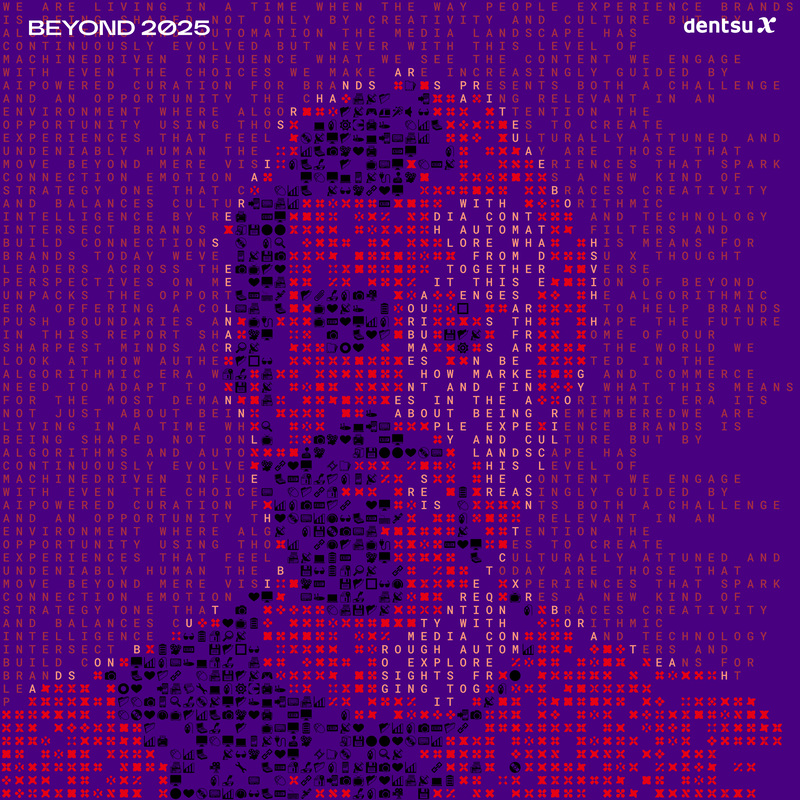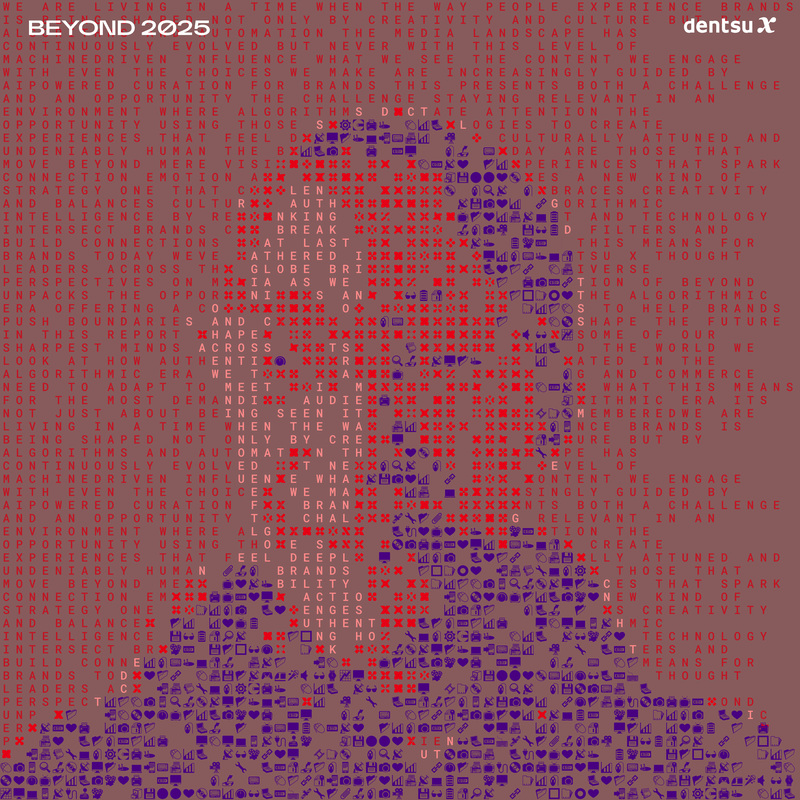This article is part of Beyond 2025: Winning in the Algorithmic Era, dentsu’s latest thought leadership series exploring what it takes for brands to thrive in a future shaped by automation, AI, and algorithmic decision-making. Each piece spotlights a key media or marketing shift and includes practical considerations for brands navigating this new landscape.

In an age dominated by artificial intelligence, the brands that dare to embrace imperfection will build the most meaningful connections.
The Why: Imperfection resonates with humans
Imperfection holds a certain magic. The slightly crooked picture frame that’s been hanging in the living room for years, the well-worn leather wallet that has molded to the pocket, or the scratched vinyl record that still plays a favorite song, these flawed objects often carry more meaning than their perfect, unblemished counterparts.
The attraction to the imperfect has been observed many times through research. The Pratfall Effect, a well-documented psychological phenomenon, shows that people and products become more appealing when they display minor, harmless flaws. In a famous study, participants were given two cookies, one perfectly shaped, the other slightly misshapen. An overwhelming majority (two-thirds) preferred the imperfect cookie, associating it with something homemade and real. Similarly, psychologist Elliot Aronson discovered that a highly competent person became more relatable and likable after making a small blunder, like spilling coffee.
Contrary to popular belief, humans are not wired to seek perfection, and that is because imperfections make things feel more human, authentic, and desirable. As the world becomes increasingly optimized, refined, and polished to perfection, this immutable human truth becomes even more relevant and brings a renewed opportunity for brands.
The Brand Opportunity: Real over perfect
Trust has become a critical factor in purchasing decisions. In fact, according to a recent study by Edelman, nearly 9 out of 10 adult consumers worldwide say it’s an important consideration when buying a brand. As consumers crave brands that feel authentic, brands that genuinely welcome imperfections wield a rare power.
The Japanese philosophy of wabi-sabi encourages imperfection, impermanence, and incompleteness. Applied to branding, it shifts businesses away from lifeless perfection toward dynamic identities that truly resonate with consumers. Brands that acknowledge their flaws can break free from AI-generated predictability by showing depth and vulnerability.
Yet, being a perfectly imperfect brand is not about marketing a bad product that doesn’t deliver on its promise. Rather, it’s about relishing quirks, not hiding them from audiences. Back in 2014, Intermarché launched its Inglorious Fruits and Vegetables campaign to combat food waste in France. By celebrating oddly-shaped produce that grocery stores discard, the campaign was a massive success. Fast forward a decade, ugly produce is now mainstream, with subscription boxes like Wonky Veg Boxes in the UK and PimpUp in France.
Embracing imperfections is not a self-centered exercise either. It is also about recognizing so-called imperfections within audiences and society. Beauty brands long promoted unrealistic standards. Then, Dove disrupted this with its Real Beauty campaign, opening the way to new industry norms. Similarly, Clear Start by Dermalogica launched #FkAcneCensorship, normalizing acne and rejecting social media’s unrealistic beauty ideals. The campaigns resonated deeply, proving that brands willing to embrace the real rather than the retouched drive stronger engagement and loyalty.
In the end, perfection is forgettable. Imperfection is magnetic. The question isn’t whether brands can be flawless, it’s whether they should be. The brands that understand this will be the ones that truly endure.
To explore more trends and brand implications, download Beyond 2025: Winning in the Algorithmic Era.

